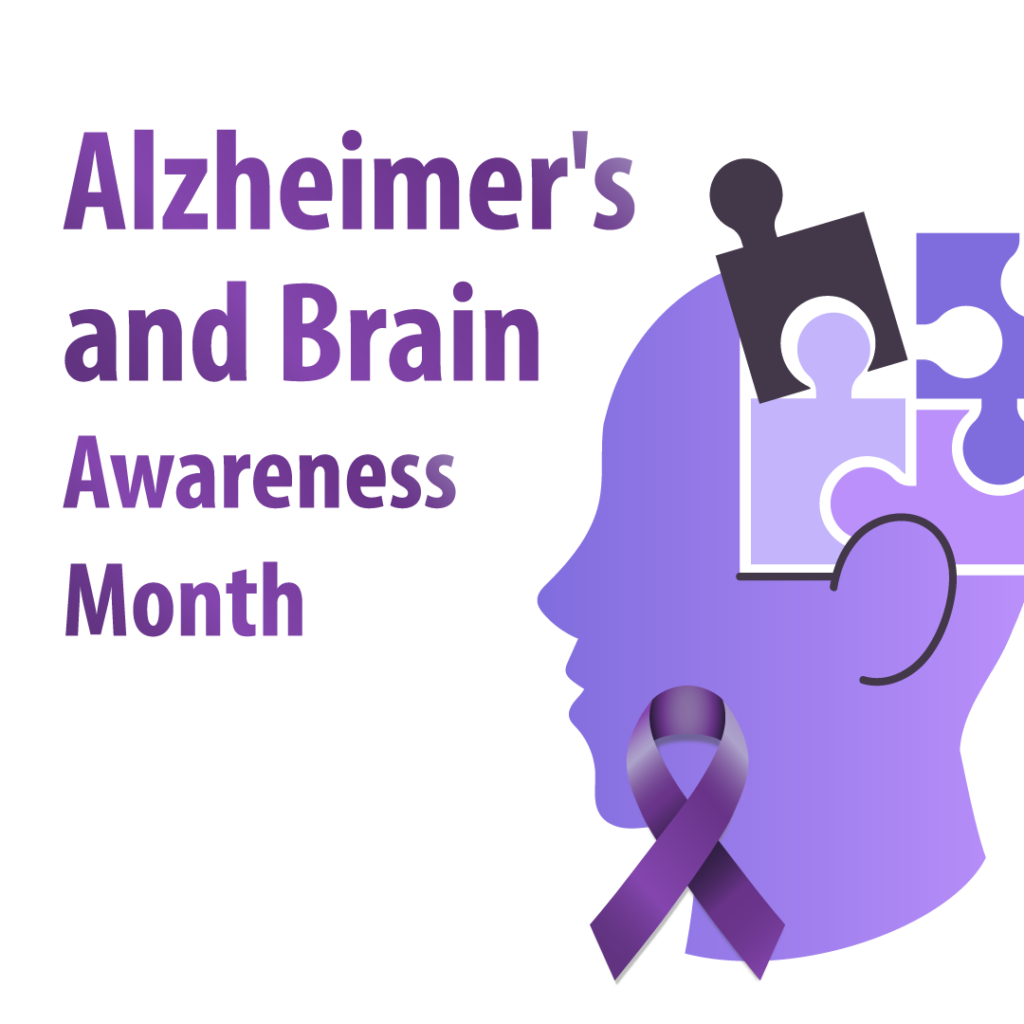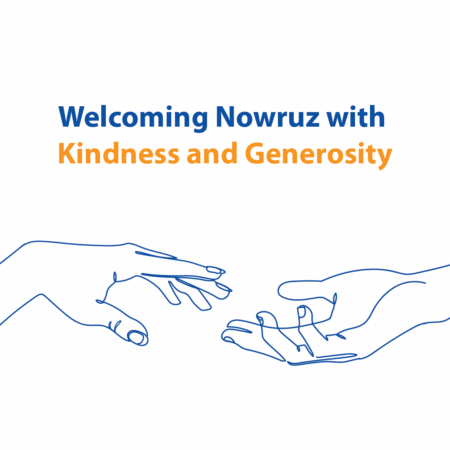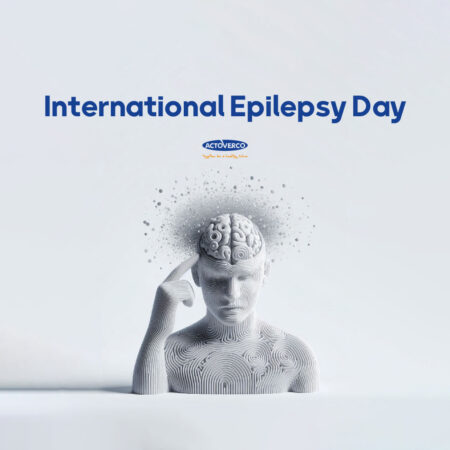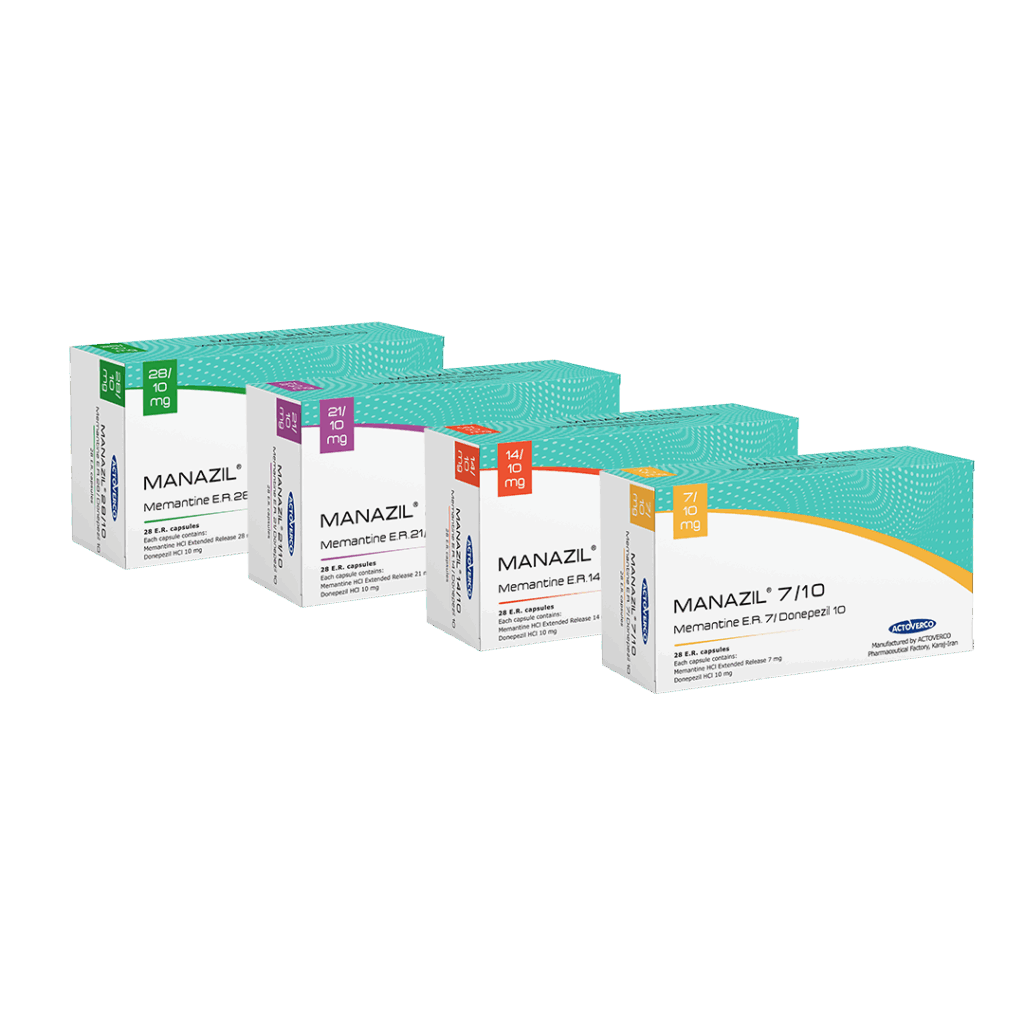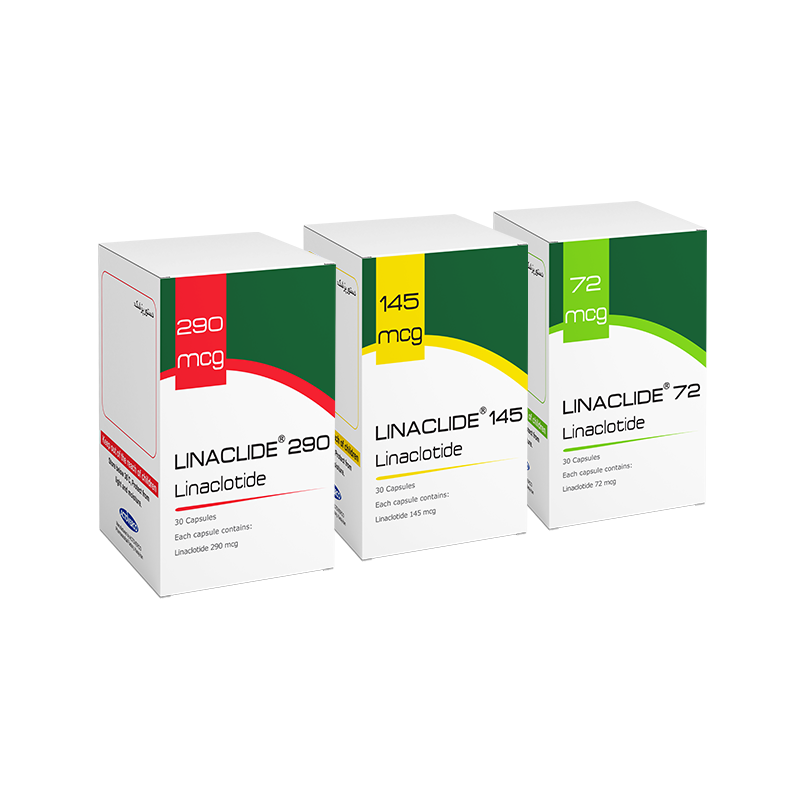Alzheimer’s and Brain Awareness Month, observed every year in June, is dedicated to increasing public awareness about Alzheimer’s disease and other brain-related disorders, including dementia. This month serves as a crucial time to educate people about the early signs and symptoms of these diseases, the importance of early diagnosis, and to promote research and support for individuals affected by Alzheimer’s and their families.
During this month, organizations and institutions related to mental health and brain diseases make efforts to draw public attention to these conditions through various events, including awareness campaigns, seminars, and fundraising activities. These efforts aim to provide the necessary resources for further support and research.
What is Alzheimer’s?
Alzheimer’s is a progressive and incurable brain disease that primarily affects memory, thinking, and behavior. It is the most common cause of dementia, leading to a gradual decline in cognitive abilities and daily functioning. While Alzheimer’s mainly affects older adults, it can, in rare cases, occur at a younger age.
Early Symptoms of Alzheimer’s
The early symptoms of Alzheimer’s include short-term memory loss, difficulties in completing everyday tasks, getting lost in familiar places, and changes in personality and behavior. As the disease progresses, these symptoms become more severe, potentially leading to the loss of the ability to perform simple activities and requiring continuous care. Although the exact cause of Alzheimer’s is not yet fully understood, the accumulation of abnormal proteins in the brain, including beta-amyloid and tau, plays a significant role in the destruction of nerve cells and the development of the disease’s symptoms.
The Latest Statistics from the World Health Organization on Alzheimer’s
The latest statistics released by the World Health Organization regarding Alzheimer’s disease indicate that it is the most common type of dementia and has become one of the leading causes of disability and dependency among the elderly worldwide. Alzheimer’s disease has widespread effects on the lives of those affected, impacting not only their physical, mental, social, and economic well-being but also affecting their families and society at large. Currently, around 50 million people are living with dementia, and approximately 10 million new cases are added each year.
Methods for Treating Alzheimer’s
Alzheimer’s disease, one of the most common types of dementia, gradually affects memory and cognitive abilities, disrupting the daily lives of those affected. Although there is currently no cure for Alzheimer’s, various methods exist to manage and reduce its effects, which can help improve the quality of life for patients and their families.
- Healthy Nutrition
Proper nutrition plays a crucial role in maintaining brain health and preventing the progression of Alzheimer’s. Diets rich in fruits, vegetables, whole grains, and fatty fish that are high in omega-3 fatty acids can help improve brain function. The Mediterranean diet, which emphasizes fresh, low-fat foods, is recognized as one of the beneficial diets for brain health. - Mental and Educational Activities
Mental stimulation through activities such as solving puzzles, reading, learning new languages, and playing cognitive games can help strengthen memory and slow the progression of the disease. Research has shown that regular mental activities can enhance cognitive function and help prevent dementia. - Regular Physical Activity
Exercise and regular physical activity not only improve overall health but also have a positive impact on brain health. Activities like walking, swimming, and stretching exercises can increase blood circulation in the brain, reduce stress, and improve mood, ultimately helping to mitigate the effects of Alzheimer’s. - Stress Management
Stress and anxiety contribute to the progression of Alzheimer’s disease. Stress management techniques such as meditation, yoga, and deep breathing can help improve overall health and well-being. - Social Support
Support from family and friends can improve the emotional and psychological well-being of individuals with Alzheimer’s. Building support networks and participating in support groups can help reduce feelings of loneliness and isolation and assist individuals in coping with the challenges of the disease. - Medical and Pharmaceutical Treatments
While there is no definitive cure for Alzheimer’s, the use of antioxidants and certain medications can help reduce symptoms and improve quality of life. Medications prescribed by doctors can help manage memory issues and other symptoms related to Alzheimer’s. Regular check-ups and assessments with a healthcare provider are essential for receiving appropriate treatments.
What is Yasnal (Donepezil) Used For?
Yasnal (with the brand name Donepezil), produced by the Actoverco pharmaceutical group, is a cholinesterase inhibitor. This medication works by increasing the levels of acetylcholine, a chemical in the brain that is important for memory and learning. Yasnal can help improve cognitive symptoms such as memory and concentration. It is specifically prescribed for the treatment of mild to moderate stages of Alzheimer’s disease, with the aim of improving cognitive function and the quality of life for patients.
Caring for Alzheimer’s Patients
Caring for individuals with Alzheimer’s requires special attention, patience, and careful planning. Over time, these individuals experience memory problems, behavioral changes, and cognitive decline, making it challenging to manage their care. Here are some important tips for caring for people with Alzheimer’s:
- Create a Safe and Stable Environment: Individuals with Alzheimer’s often become confused. To reduce potential risks, it can be helpful to install secure locks on doors, remove hazardous objects, and create clear pathways for movement. Additionally, keeping their living environment as stable and unchanged as possible can help reduce their anxiety and confusion.
- Establish a Daily Routine: Having a structured daily schedule can help individuals with Alzheimer’s feel more calm and secure. Daily activities such as waking up, eating, and sleeping should occur at specific times. Simple and enjoyable activities like walking, listening to music, or engaging in mental games can also improve their emotional and physical well-being.
- Appropriate Communication and Interaction: People with Alzheimer’s may have difficulty communicating; therefore, when caring for them, it is essential to listen patiently to what they say and use simple language and short sentences for communication. Maintaining eye contact, using gestures, and expressing feelings through smiles and gentle touches can enhance communication.
- Nutrition and Hygiene: Individuals with Alzheimer’s may forget to eat properly or have difficulty eating. Therefore, attention should be paid to their healthy and balanced nutrition.
- Managing Behavioral Changes: Behavioral changes such as aggression, anxiety, or depression are common in individuals with Alzheimer’s; thus, it is important to respond to these changes with understanding and empathy. In more severe cases, consulting with a specialist may be beneficial.
By following these tips and paying attention to the specific needs of each individual, we can improve the quality of life for people with Alzheimer’s and help slow the disease’s progression.
Conclusion
Alzheimer’s and Brain Awareness Month is an opportunity to remind us of the importance of brain health and to support those facing the challenges of this disease. With increased awareness, support, and research, we can help improve the quality of life for patients and move toward finding more effective ways to prevent and treat Alzheimer’s.

